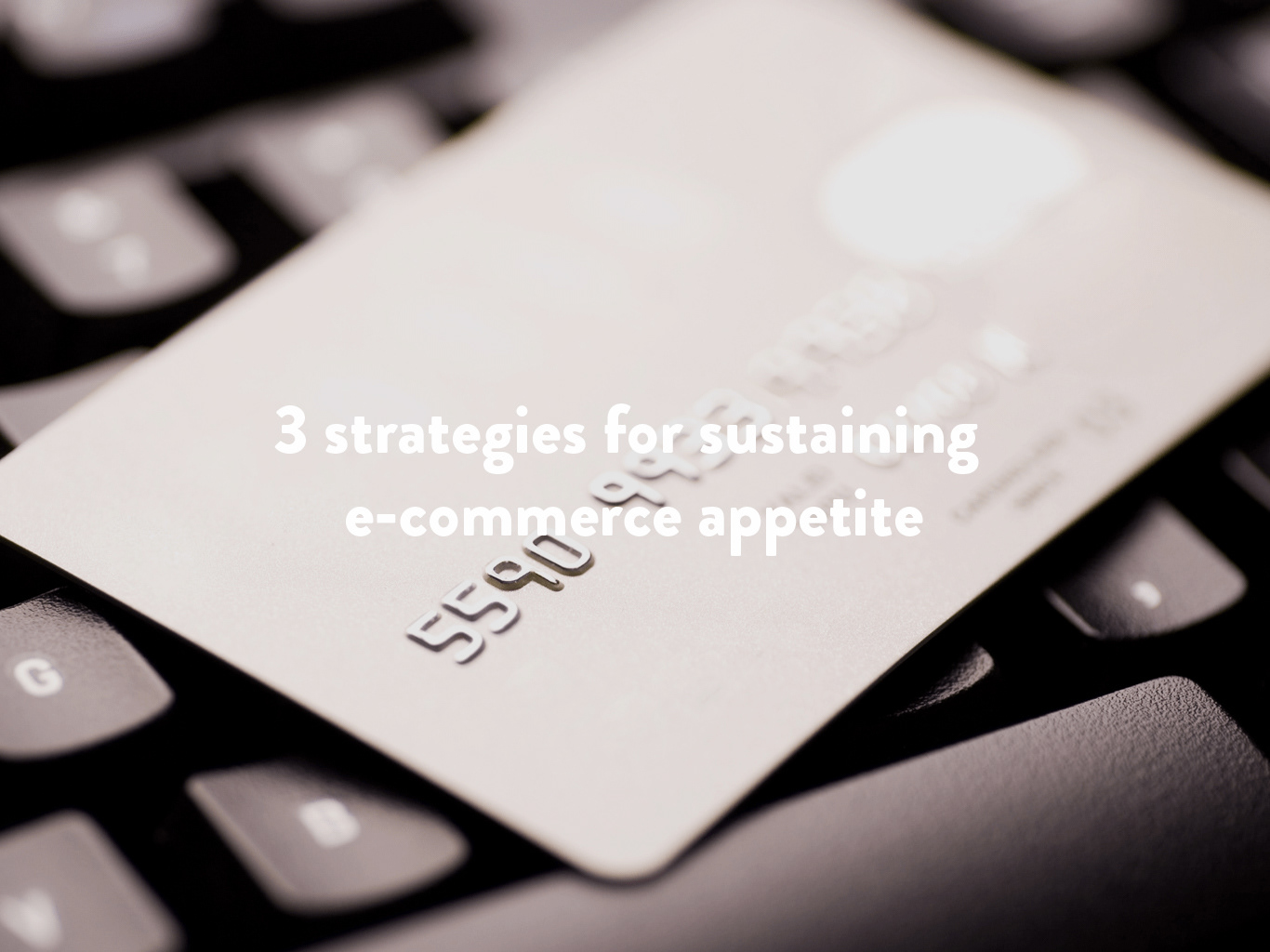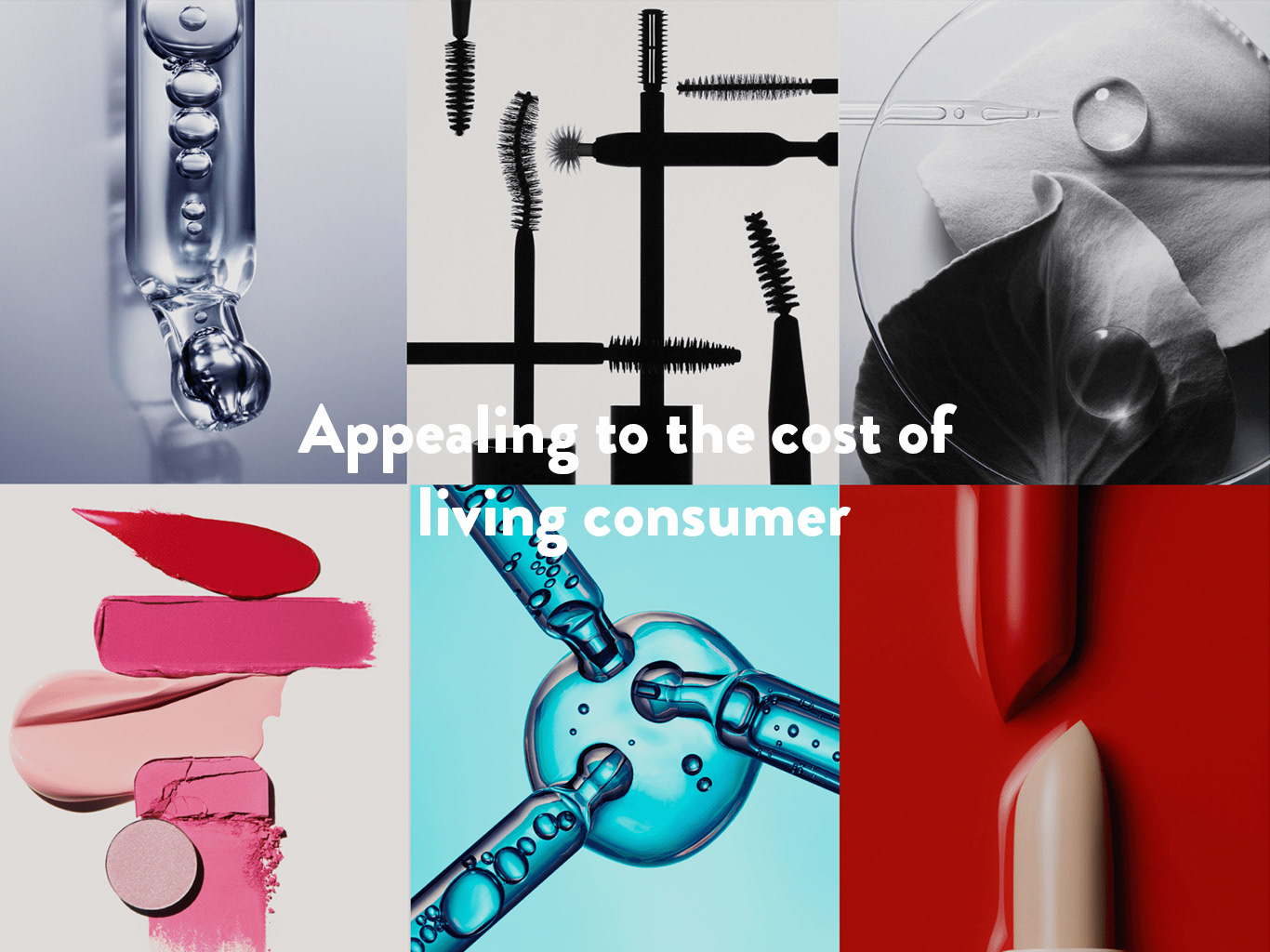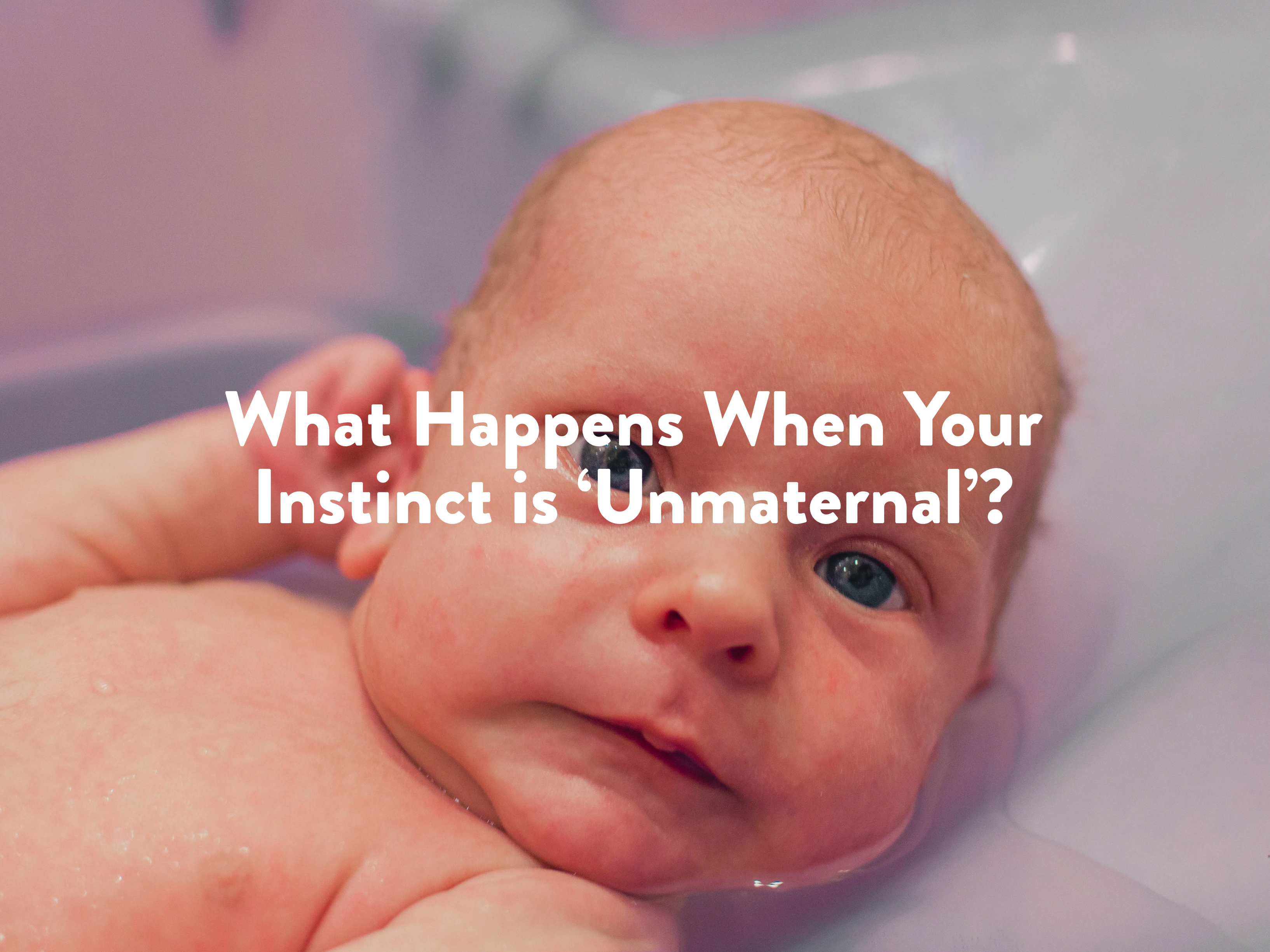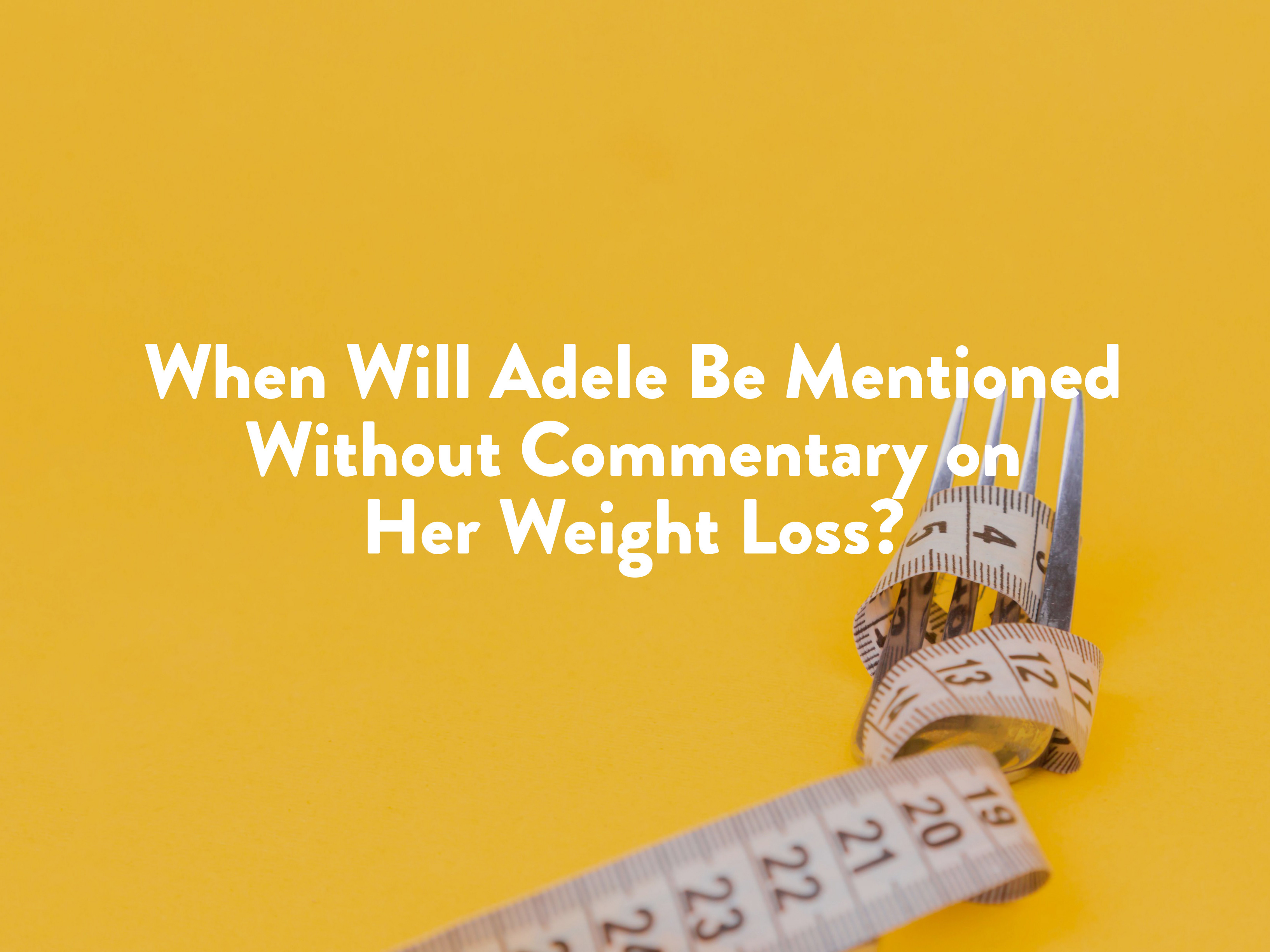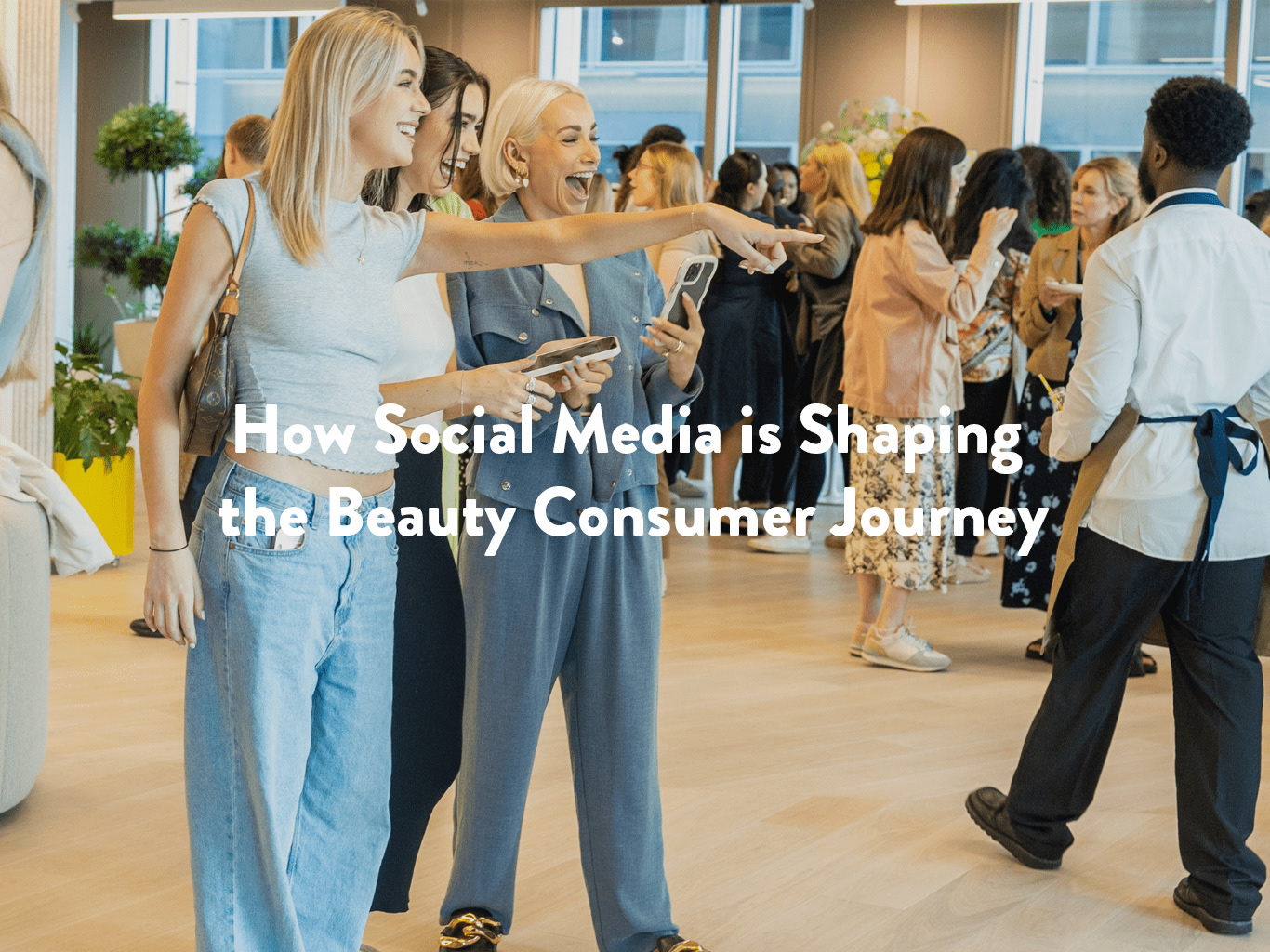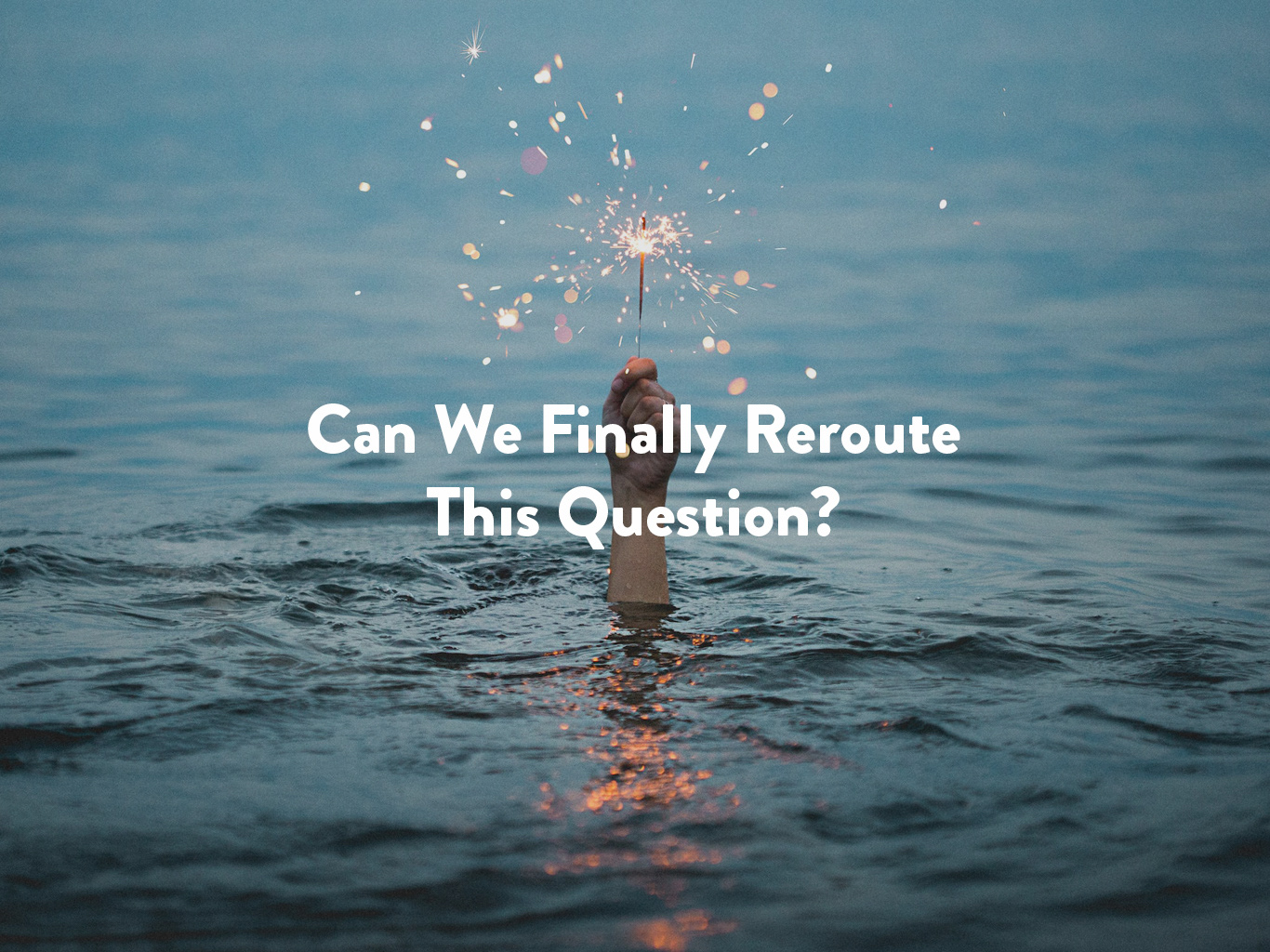Photo by Brett Jordan on Unsplash
Because so few of us are taught how to fail...
Hi, I’m Amanda and I’m a chronic perfectionist procrastinator. That lockdown punch stitch cushion that I said I’d create? Yeah, it didn’t happen. I managed two drinks coasters, but still did not tackle the actual end-goal cushion. Posting my recent successes on LinkedIn? I’ll do it next week (or try the next) when by some minor miracle, merely being another week along will somehow make it the ‘right moment’. Do you see a pattern?
I completely recognise that these aren’t boring, arduous chores. Creating, and sharing the joys of what I’ve created both feel great — there might be some tricky points experienced along the way in getting to the finish line, but they are not monotonous or hugely uncomfortable processes.
Hi, I’m Amanda and I’m a chronic perfectionist procrastinator. That lockdown punch stitch cushion that I said I’d create? Yeah, it didn’t happen. I managed two drinks coasters, but still did not tackle the actual end-goal cushion. Posting my recent successes on LinkedIn? I’ll do it next week (or try the next) when by some minor miracle, merely being another week along will somehow make it the ‘right moment’. Do you see a pattern?
I completely recognise that these aren’t boring, arduous chores. Creating, and sharing the joys of what I’ve created both feel great — there might be some tricky points experienced along the way in getting to the finish line, but they are not monotonous or hugely uncomfortable processes.
• • •
Let’s rip off the plaster that I’m actually here to address: I love writing. But I also fill myself with so much anticipation ahead, so much pressure that the end product must be the absolute best it can be, so thorough and considered, that it ends up becoming a looming tower and I’m cowering in its shadow.Ana Sandoiu speaks like my spirit animal when she begins a piece for Medical News Today tackling the dangers of what is ultimately toxic perfectionism:
“I start by fabricating the expectation that this article has to be perfectly thorough and encompass everything that’s ever been written on perfectionism.”
Whatever it applies to, perfectionism is the blessing and the curse. If it left me tomorrow, I feel that without it I might not strive to do my best job at whatever the task may be. It’s the permanent angel — or demon, depending which way you look at it — on my shoulder telling me that I need to strive for better.
But sometimes, its probing, shrill interrogation before I’ve even begun is debilitating: “It’s going to be really hard to nail this. It’s not going to turn out as good as so-and-so’s. Nor the last one you did, that was a fluke!… How much do you actually know about this?… Let’s not get carried away. What authority do you have here, honestly?… Wait, NOT like that!”
Oh, and at this point, I’ve only just picked up the pen / opened the laptop / made one stitch loop / had one idea, ad infinitum. So, to keep perfectionism from rearing its head and ensuring that it pipes down altogether, I might not even start at all. I enter destination: Procrastination.
• • •
This very article has sadly been the victim of this journey. I’m pained to say that it’s taken me nearly two months to complete it. Isn’t that ironic? My last piece got so much amazing feedback and received really touching comments from so many who felt the same way, and from people who took the care to reach out and share their thoughts and experiences.
It was a brilliant feeling to connect with so many. But as a result, when I then began crafting this one, I started to stall myself and panic. Was that all I can effectively write on? Have I just peaked before I’ve even taken off?
The TED Talk with Tim Urban, “Inside the Mind of a Master Procrastinator” is a glorious and funny look at the mind of someone like myself that wants to do anything *but* the thing they could — and if they want to ever improve — should be doing.
He attributes part of the problem to the lack of my inner panic monster — the one who shows up at looming deadlines pretty keen to get cracking. Because my writing is purely down to me it means that I’m not honouring my remit as I should be because there’s no sense of impending danger, no deadline imposed by anyone else.
This, he says, combined with the distraction of instant gratification creates a recipe for standing still. This is also something Emma Gannon wades into in her brilliant book, Sabotage. Instant gratification can take many forms — Netflix binges, that gaming session that scratches the itch of achievement, seeking the latest gossip on the trouble that ex-Love Island contender has got into now. They all take the edge off in the quest to avoid the short term pain of facing what we know we should be doing.
Emma goes on to explain that procrastination — as odd as it sounds — gives us a sense of control. If I’ve got in my own way, and disappointed myself, at least I know I couldn’t let anything or anyone else do it instead. I can’t be upset at a “bad” outcome if I’m the one who’s caused it. Ahh, the sneaky seductress that is the sense of control.
And underneath it all is the fear of failure. Emma quotes Dr Soph — few of us are taught how to fail. We’re often taught how to strive to win, to succeed at something, to overcome an obstacle. But very seldom are we shown how to face failure head-on and embrace it, get comfortable with it, and truly learn from it. Failure on our terms, therefore, seems far more manageable. We’re dictating the pace, even if that means there isn’t any.
It was a brilliant feeling to connect with so many. But as a result, when I then began crafting this one, I started to stall myself and panic. Was that all I can effectively write on? Have I just peaked before I’ve even taken off?
The TED Talk with Tim Urban, “Inside the Mind of a Master Procrastinator” is a glorious and funny look at the mind of someone like myself that wants to do anything *but* the thing they could — and if they want to ever improve — should be doing.
He attributes part of the problem to the lack of my inner panic monster — the one who shows up at looming deadlines pretty keen to get cracking. Because my writing is purely down to me it means that I’m not honouring my remit as I should be because there’s no sense of impending danger, no deadline imposed by anyone else.
This, he says, combined with the distraction of instant gratification creates a recipe for standing still. This is also something Emma Gannon wades into in her brilliant book, Sabotage. Instant gratification can take many forms — Netflix binges, that gaming session that scratches the itch of achievement, seeking the latest gossip on the trouble that ex-Love Island contender has got into now. They all take the edge off in the quest to avoid the short term pain of facing what we know we should be doing.
Emma goes on to explain that procrastination — as odd as it sounds — gives us a sense of control. If I’ve got in my own way, and disappointed myself, at least I know I couldn’t let anything or anyone else do it instead. I can’t be upset at a “bad” outcome if I’m the one who’s caused it. Ahh, the sneaky seductress that is the sense of control.
And underneath it all is the fear of failure. Emma quotes Dr Soph — few of us are taught how to fail. We’re often taught how to strive to win, to succeed at something, to overcome an obstacle. But very seldom are we shown how to face failure head-on and embrace it, get comfortable with it, and truly learn from it. Failure on our terms, therefore, seems far more manageable. We’re dictating the pace, even if that means there isn’t any.
• • •
But perhaps failure isn’t the thing we should be scared of. Ultimately, at times my biggest downfall has been trying to strive for perfection because I’ve expected greatness before I’ve even allowed myself to just begin, enjoy the process for what it is and let the chips fall where they may. The fear of failure holds us hostage and shackles us while leaving us feeling oddly safe and comfortable. It’s the Stockholm Syndrome to creative freedom.
And yet, any realist knows that avoiding failure is not how self-development and improvement work. For any of us to be great at something, we have to start somewhere
and risk the blips, road bumps and imperfections. Adam Grant puts it this way:
“If you look across fields, the greatest originals are the ones who fail the most because they’re the ones who try the most.”
I’ve probably overlooked the most valuable proof of this that has been standing right in front of me. Over the last ten years of our relationship, my husband has taught me about the beauty of creativity in abundance, and he has always just embraced the journey.
I quietly and fondly envy his consistency and tenacity to just get up, and try and do over, and over, and over again. He is constantly creating, experimenting, testing, making, be it in film, illustration, animation, or cooking. The outcome for him is the bonus at the end.
It’s about starting where we are with what we have and know, and understanding what we can try to do to improve along the way. What if just giving ourselves a shot and trying to have a go is enough?
After all, Facebook COO Sheryl Sandberg once wrote that “Done is better than perfect.”
I’m leaving one final thought from Amie McNee, AKA @inspiredtowrite that hit me like a lightning bolt just when I needed it most, and one that boils it down to connection. It’s not about creating the best article ever. It’s the feeling I gained that meant so much when I published my last:
“Creating to ‘be the best’ is a waste of energy. Instead, create to connect to the people who need you. Because they’re out there. Create in your way, because there is no right way. Take the pressure off, and focus on your unique brand of magic.”
And yet, any realist knows that avoiding failure is not how self-development and improvement work. For any of us to be great at something, we have to start somewhere
and risk the blips, road bumps and imperfections. Adam Grant puts it this way:
“If you look across fields, the greatest originals are the ones who fail the most because they’re the ones who try the most.”
I’ve probably overlooked the most valuable proof of this that has been standing right in front of me. Over the last ten years of our relationship, my husband has taught me about the beauty of creativity in abundance, and he has always just embraced the journey.
I quietly and fondly envy his consistency and tenacity to just get up, and try and do over, and over, and over again. He is constantly creating, experimenting, testing, making, be it in film, illustration, animation, or cooking. The outcome for him is the bonus at the end.
It’s about starting where we are with what we have and know, and understanding what we can try to do to improve along the way. What if just giving ourselves a shot and trying to have a go is enough?
After all, Facebook COO Sheryl Sandberg once wrote that “Done is better than perfect.”
I’m leaving one final thought from Amie McNee, AKA @inspiredtowrite that hit me like a lightning bolt just when I needed it most, and one that boils it down to connection. It’s not about creating the best article ever. It’s the feeling I gained that meant so much when I published my last:
“Creating to ‘be the best’ is a waste of energy. Instead, create to connect to the people who need you. Because they’re out there. Create in your way, because there is no right way. Take the pressure off, and focus on your unique brand of magic.”
• • •
Originally published on Writer's Blokke

